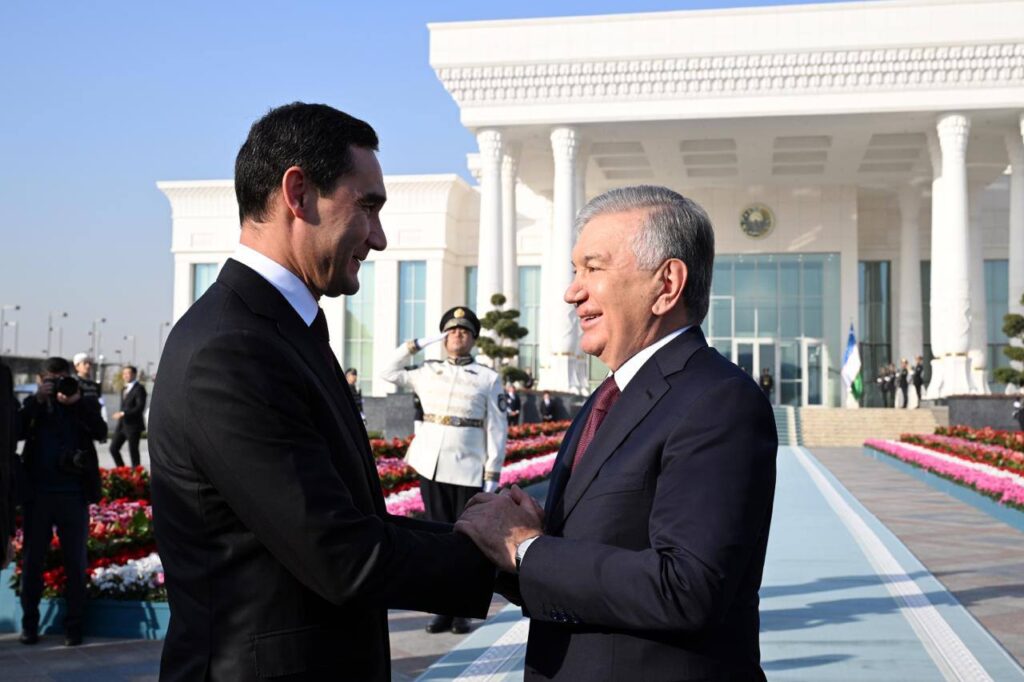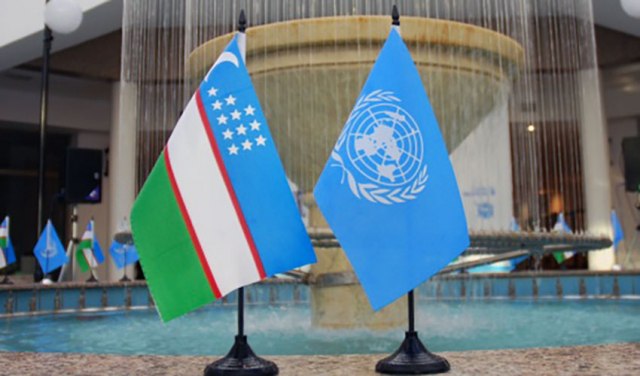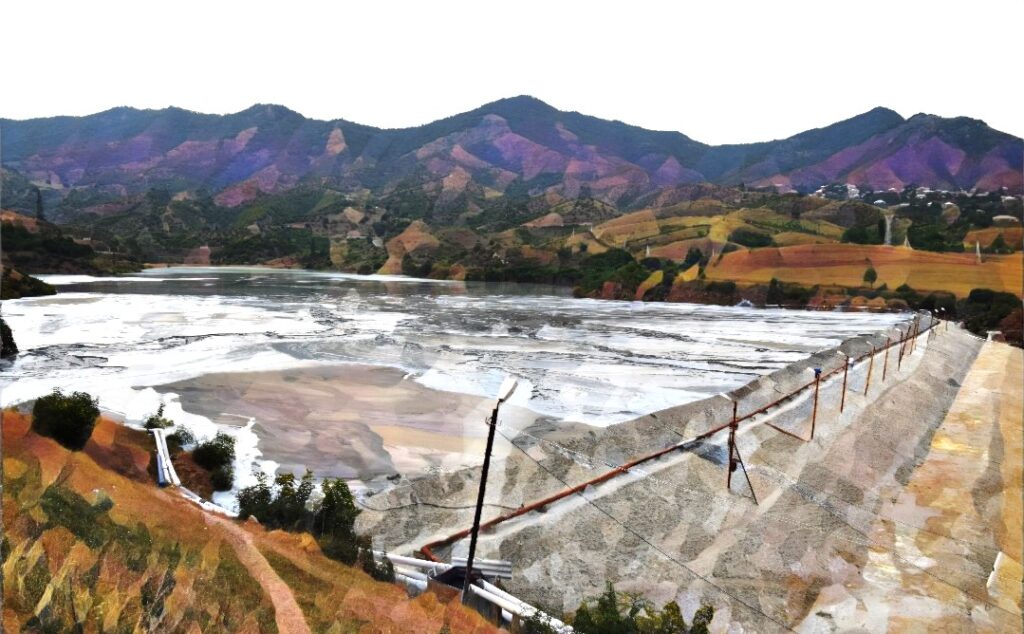ASHGABAT (TCA) — The United Nations Development Programme (UNDP) and the Turkmen State Committee for Nature Protection and Land Management promote sustainable urban development in Turkmenistan. The topic is important as the country is actively developing its urban infrastructure, which is one of the sustainable development goals. In Turkmenistan, the number of urban population exceeded rural in 2014, and this trend is accelerating, Mark Chao, UNDP International Expert on Energy, Environment and Climate Change, said in an interview with UNDP Turkmenistan.
“This growth of cities puts great pressure on existing infrastructure for energy, water, and transport. It also can increase problems of waste management and pollution. Thus, our task is to support and improve the level and quality of life of all citizens even under conditions of urban population growth and limited resources,” Mr. Chao said.
Asked about activities planned as part of the new UNDP project, Mr. Chao said that they are considering a number of activities, but all of the proposals are at the stage of consideration and development now, and they are still conducting research and holding discussions with national partners.
“I have visited two cities in Turkmenistan nominated as pilot regions for the project: Ashgabat and Avaza. I need to admit that I was impressed by the amount of work already being conducted as part of the national projects aimed at improving energy efficiency of the two cities,” Mr. Chao said. “For example, street lighting. In both cities, the regular bulbs are replaced buy new LED-lamps. This is already a very progressive and energy-efficient solution. It would be good to replicate this practice in other cities of Turkmenistan. And within our new project, we expect to conduct pilot projects on the use of street lighting powered by solar panels.”
“We are planning various activities involving transportation. We recognize that the Government of Turkmenistan has already introduced the conditions that allow importing only high-quality, technologically advanced vehicles. But we would like to consider what incentives or norms would encourage Turkmen drivers to use energy-efficient cars, including hybrid or electric cars. Electric cars are increasingly popular around the world, because they are enjoyable to drive but also because they generate much less pollution than regular cars. Introducing them in Turkmenistan could therefore have significant benefits. But there is a need for standards, as well as infrastructure for charging the vehicles,” he said.
Mr. Chao said that bicycle lanes might be another solution for sustainability in transportation. “I’ve heard that the Government is actively promoting healthy lifestyles. Bicycles fit within this national priority on health, but also help prevent traffic jams, reduce pollution, and slow our contribution to climate change.”
Finally, national partners proposed to consider potential work in the sphere of recycling, he continued. “There is already a recycling plant in Ashgabat. In our new project, we will assess the possibility of a new process of sorting recyclable waste at the household level. This measure could make it possible to steeply increase the volume of recycling, thereby reducing waste and also reducing the consumption of raw materials and energy. At the same time, the new project will also seek ways to reduce people’s creation of waste in the first place,” the UNDP expert said.
Asked about the effect of successful implementation of the project in Turkmenistan, Mr. Chao said that one effect would be the reduction of CO2 emissions in Turkmenistan by many thousands of tons. “Such a reduction, together with other efforts around the world, is our best hope of limiting the effects of global climate change. Meanwhile, the other main effect of our project would be creation of long-term solutions for ensuring that Turkmenistan’s cities, even as they grow, remain clean, comfortable, beautiful, and capable of serving the needs of citizens for many decades into the future.”









